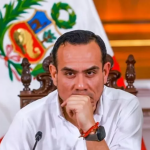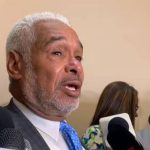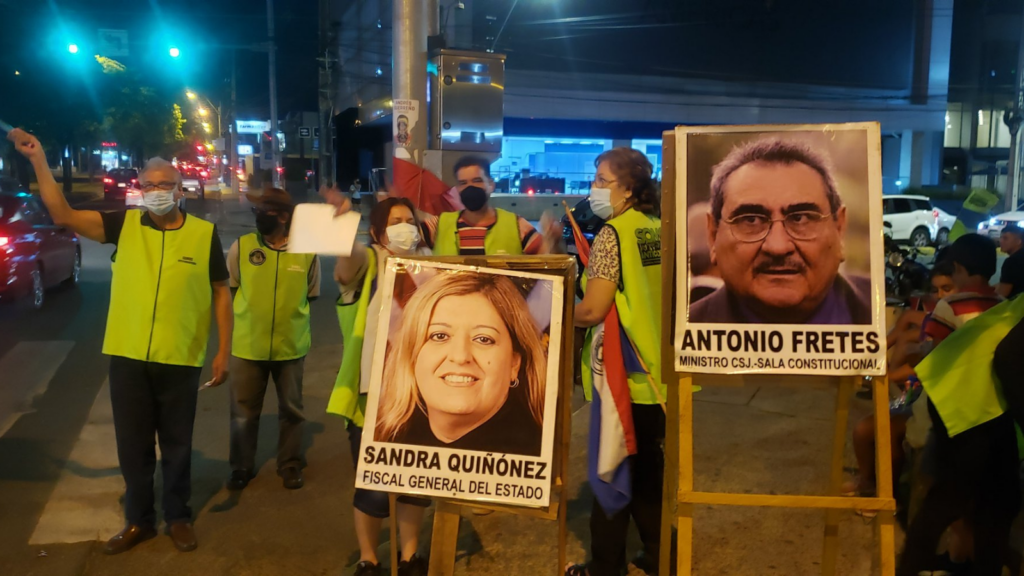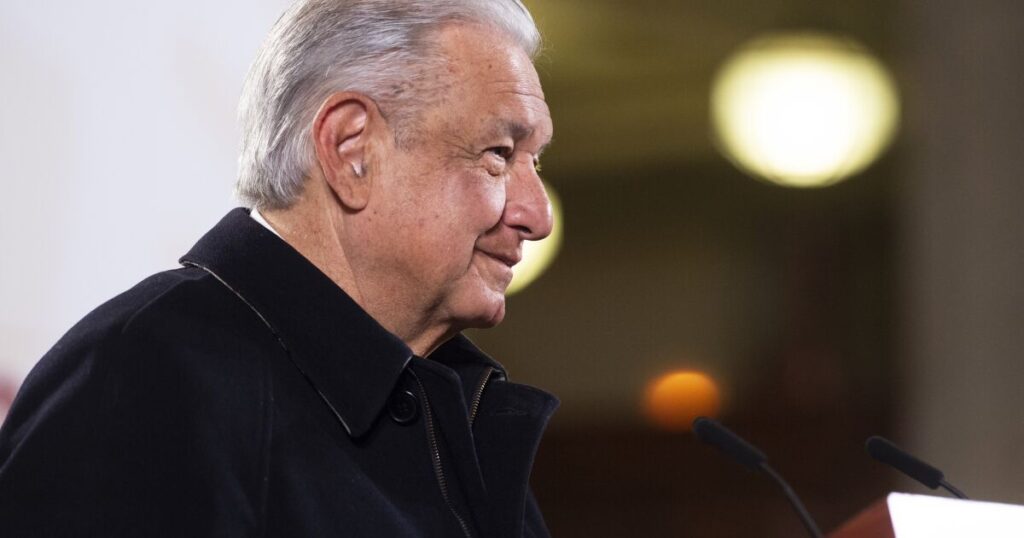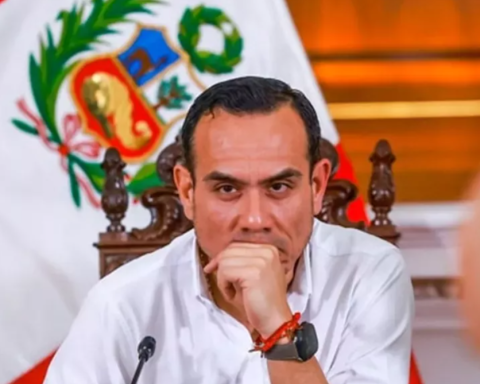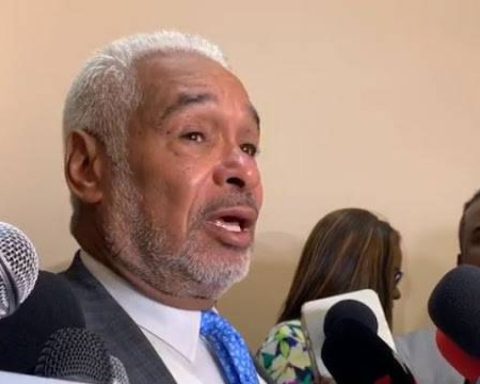Some say that she is a political prisoner; others accuse her of being a coup plotter. The trial against the former interim president of Bolivia Jeanine Áñez for an alleged coup against her predecessor, Evo Morales, begins this Thursday amid controversies.
The 54-year-old right-winger, imprisoned in La Paz for 11 months and on a hunger strike since Wednesday, will be tried along with eight former soldiers.
The start of the process, which will be virtual, is scheduled for 09:00 local time (1:00 p.m. GMT).
He is accused of having unconstitutionally assumed the presidency in November 2019 after the resignation of Morales (2006-2019) in the midst of massive protests for an alleged electoral fraud denounced by the Organization of American States.
“I assumed the presidency of Bolivia without asking for it, without looking for it, much less waiting for it… with the sole mission of calling elections and pacifying the country in upheaval,” the former president, who ruled between 2019 and 2020, said in a letter on Tuesday. who signed as “political prisoner”.
Her lawyer Luis Guillén affirmed that the opening document of the trial is a “presentation”, since he qualifies the former president as “de facto” and “unconstitutional”.
In addition, he requested a face-to-face trial and demanded the presence of the plaintiffs’ witnesses during the hearings, after the Prosecutor’s Office announced that it would present the testimonies in writing.
This would prevent both judges and defense attorneys from questioning them.
This Tuesday, a group of 21 former presidents of Ibero-American countries asked the UN to visit Áñez and report on possible “abuses of power” against her.
two processes
The other case against the former president, for sedition, terrorism and conspiracy, is in the investigation stage, so there are still no formal charges.
According to Guillén, “two processes are being followed for the same act”, something that violates a general principle of law.
In addition, he stressed that “it cannot be an ordinary court that decides what is constitutional.”
He emphasized that it is not appropriate to judge a former president by ordinary means and that instead a trial of responsibilities should be held in Congress.
The plaintiffs – the government, the prosecution and Congress – argue that Áñez’s actions prior to her government are being judged, for which an ordinary trial corresponds.
“This is a political trial that the current government of President Luis Arce is carrying out,” said political scientist Carlos Cordero, from the state-run Universidad Mayor de San Andrés.
“It is a way of establishing a political sanction for those who dared to be adversaries at a time of crisis in the [oficialista] Movement to Socialism (MAS),” he concluded.
The former president was also accused of “genocide”, which carries prison sentences of between 10 and 20 years, following the complaint of relatives of victims of the November 2019 repression.
A group of experts hired by the Inter-American Commission on Human Rights (IACHR) in agreement with Bolivia recorded 22 deaths in these incidents, which it described as “massacres.”
But unlike the other accusations, this will be dealt with by Congress, which will decide whether to carry out a trial of responsibilities against the former president.
The report also questions the independence of the Bolivian judicial system.
From the presidential chair to jail
In October 2019, Morales ran for a fourth term despite losing a referendum to enable him to be re-elected. In the midst of a strong social upheaval and accusations of fraud, he finally lost the support of military and police commanders and left the country.
Those who were to succeed him resigned one after another: the vice president, the head of the upper house, and the president of the chamber of deputies.
In the midst of a power vacuum, Áñez, a lawyer and former television presenter, finally took over, the next in line of succession.
The parliament, which was controlled by Morales’ MAS, recognized the legality of his management, whose main task was to organize new elections. These were held in October 2020 after two postponements due to the pandemic, and the winner was Arce, Morales’ dolphin.
Áñez left power in November 2020 and in March 2021 she was arrested.
The former president was a finalist for the Sakharov Prize for the defense of human rights and freedom of thought, which is awarded by the European Parliament, but finally it was awarded to the imprisoned Russian opponent Alexei Navalni.
